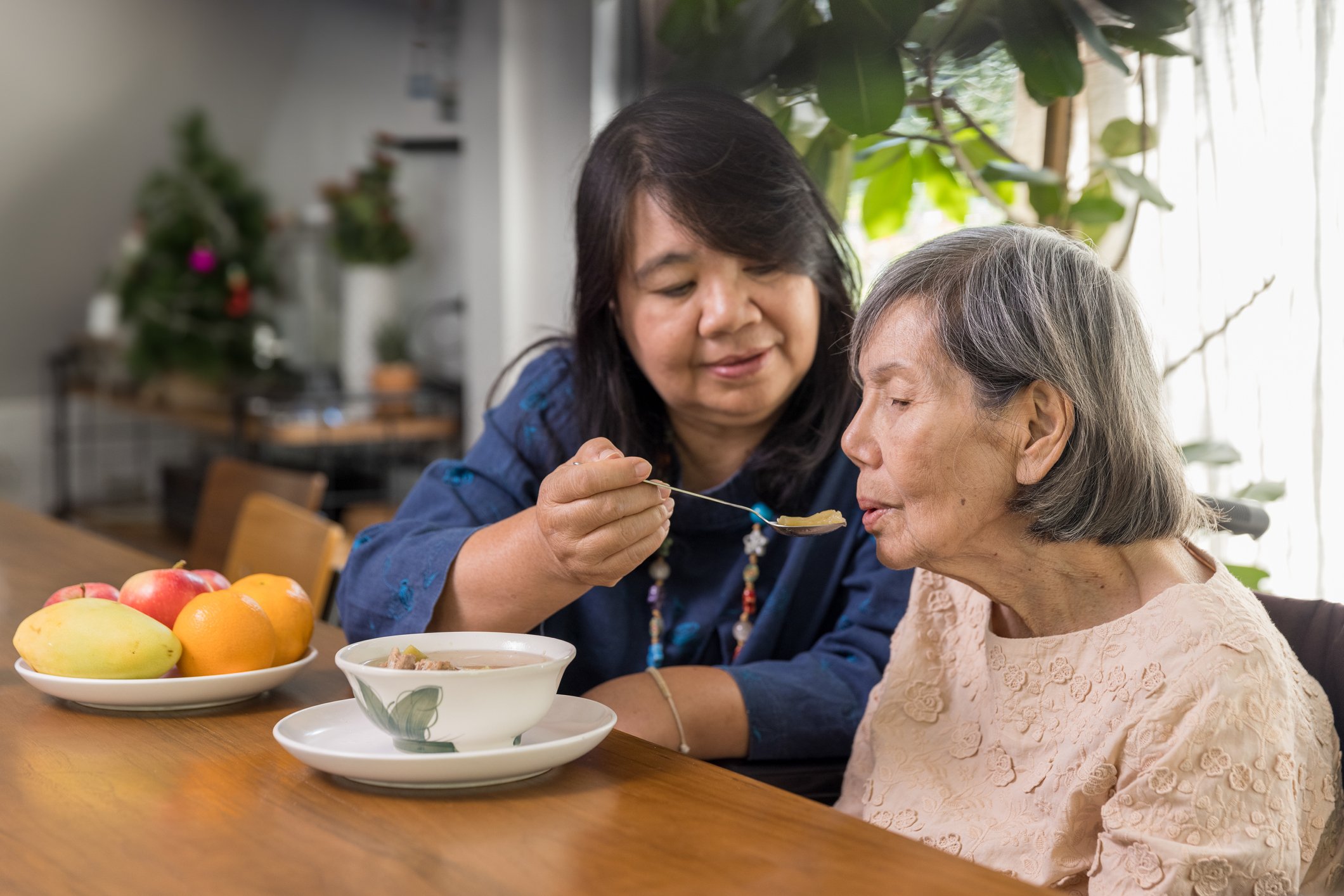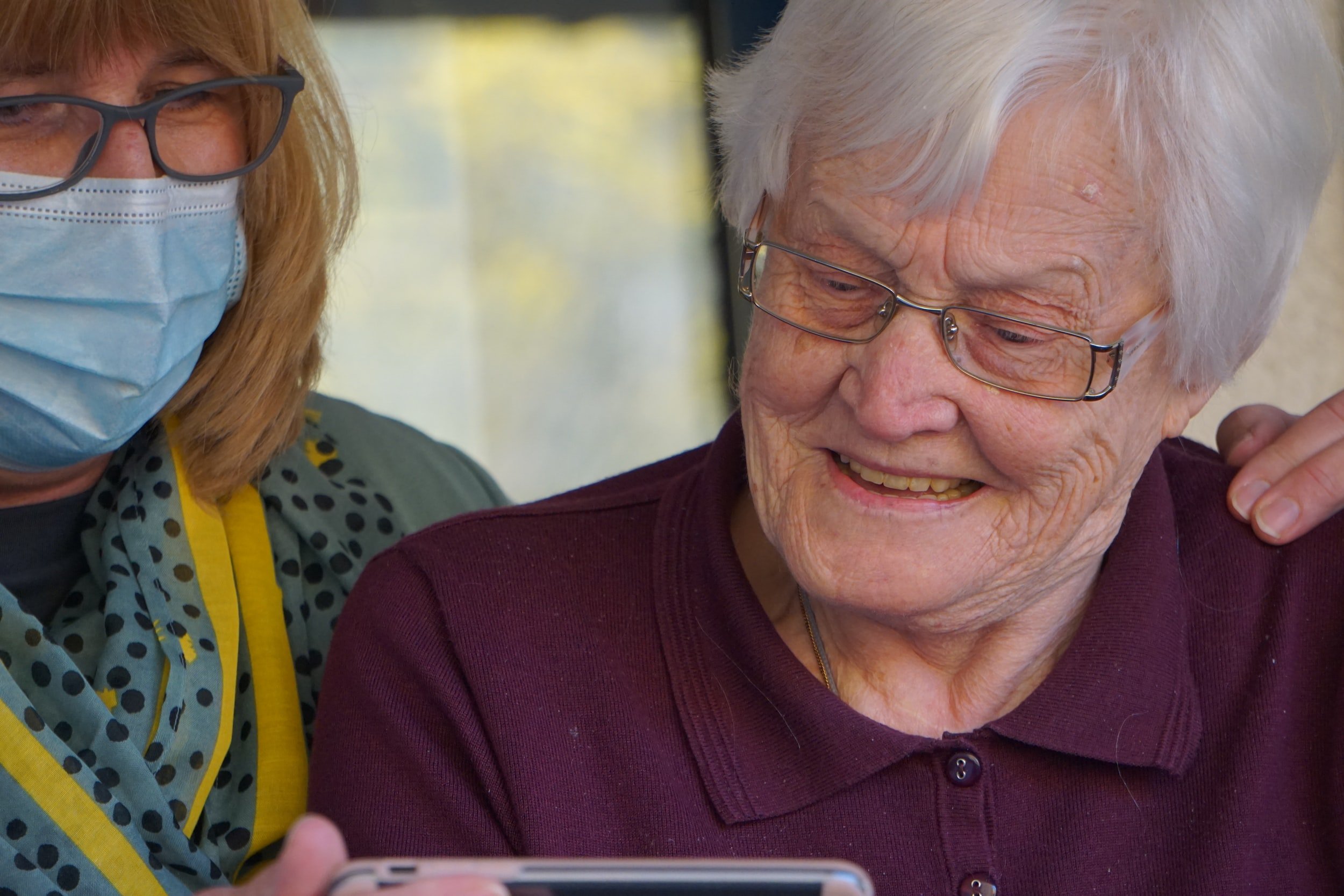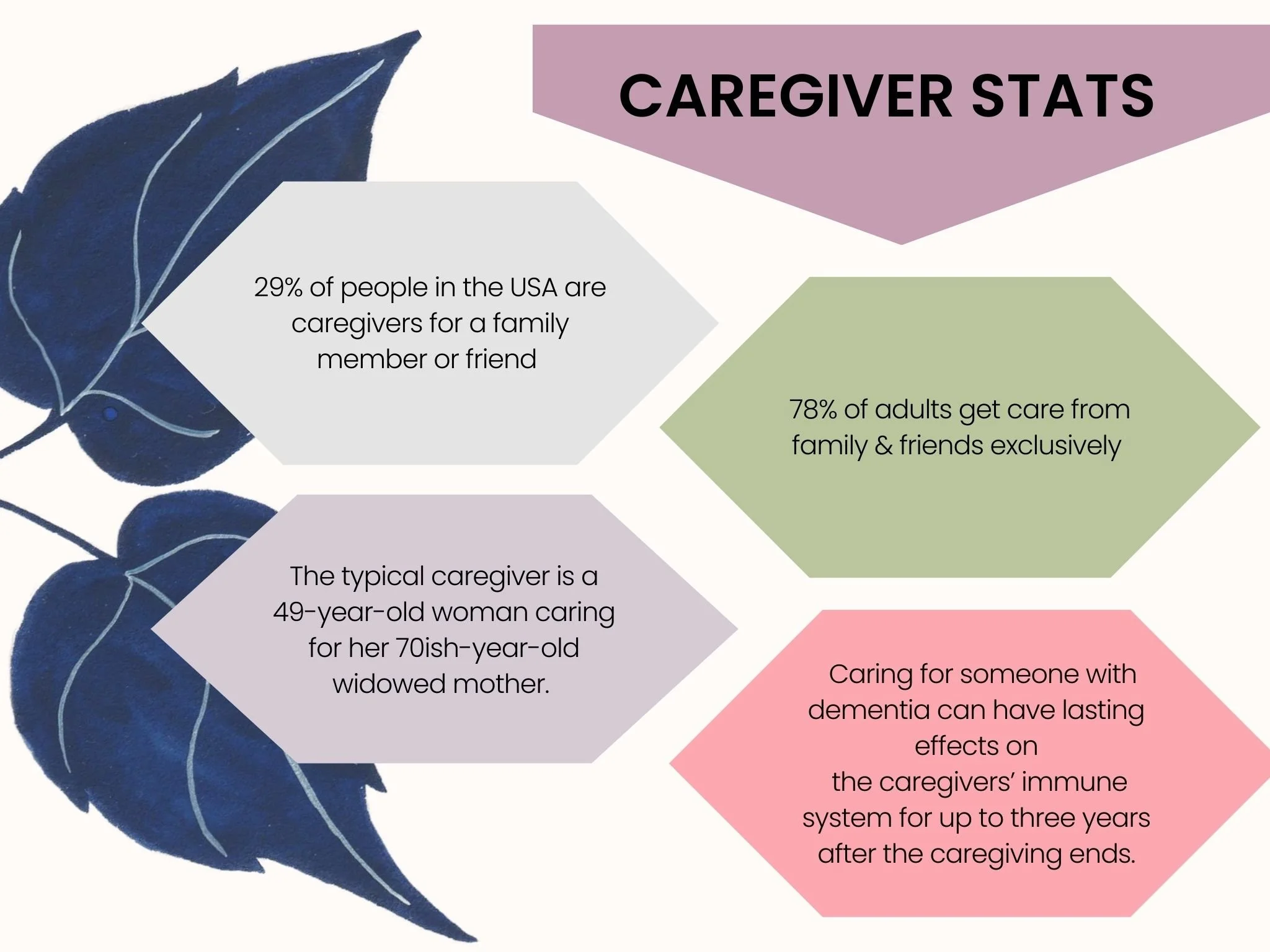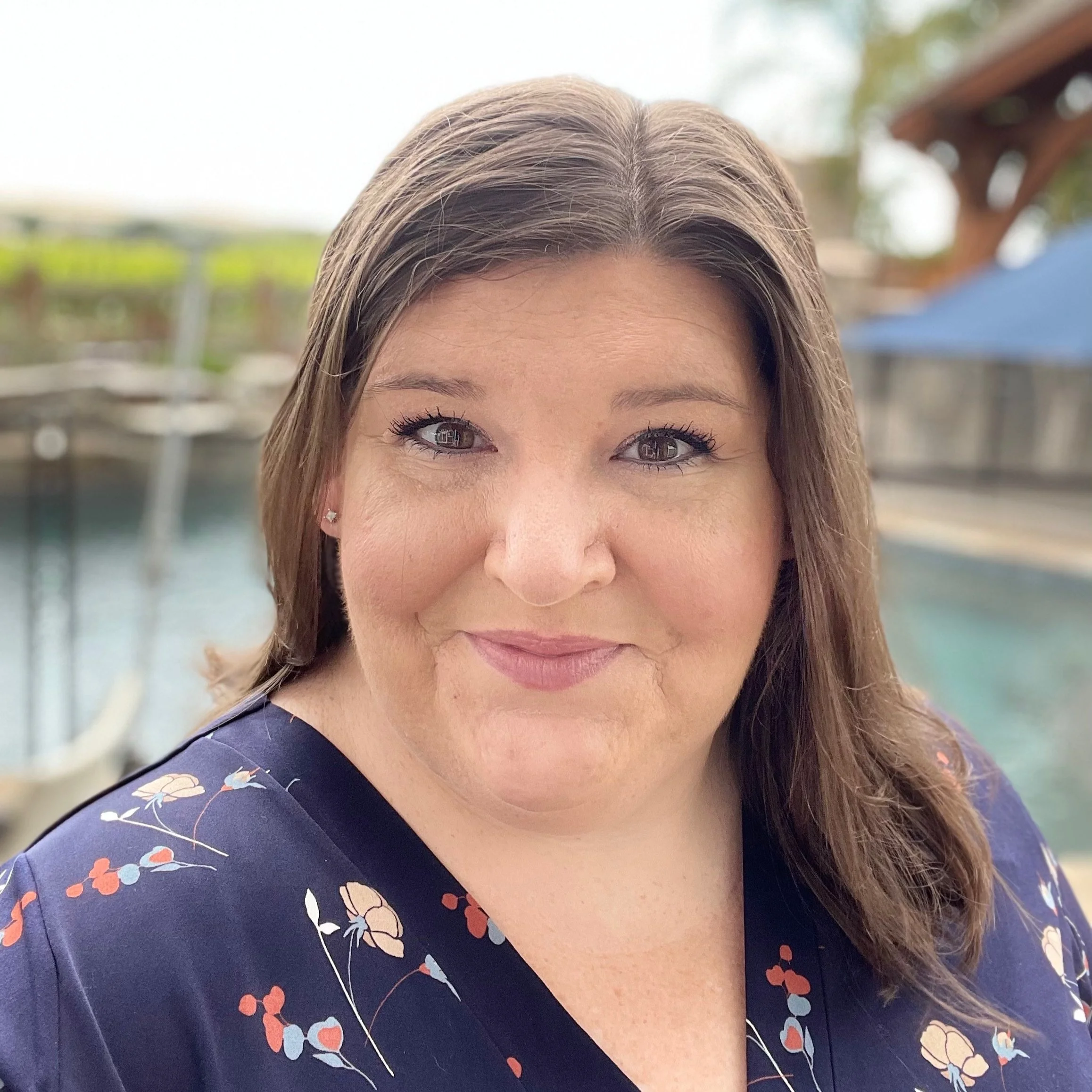I’ve Got 99 Problems and Being A Burnt Out Caregiver Is The Main One!
Most of us will find ourselves in the role of being a caregiver or carer at one time or another across our lifespan.
Elderly parents or grandparents? Kids? Neighbors with needs? Pet parent? Yup, you’ve been a caregiver!
If it’s such a common occurrence, why do so many people identify as having caregiver stress, caregiver fatigue, or caregiver burnout?
Because it is one of the HARDEST jobs on this planet!
There are only four kinds of people in this world: those who have been caregivers, those who are currently caregivers, those who will be caregivers and those who will need caregivers. Caregiving is universal.
- Rosalynn Carter, Former First Lady of the United States
Am I a caregiver?
One of the biggest identifiers of being a caregiver is taking care of someone else’s needs because they are unable to meet them on their own. Caring for an elderly or disabled person can sometimes look quite similar to caring for a small child.
Ultimately, when someone depends on you to meet their needs, you can safely assume that you are a caregiver. Even if it feels like you are just doing what needs to be done.
Driving to and from appointments (doctors/physical therapy, grocery stores, running errands, nail salon, hair salon, social gatherings or events)
Managing their healthcare
Communicating with medical teams
Doing paperwork on their behalf
Managing finances
Filling medications
Putting medications in pill boxes
Giving medication and managing the schedule
Doing someone else’s laundry
Helping to do personal grooming (bathing, hair brushing, teeth cleaning, dressing, toileting, diapering, etc)
Preparing meals on a regular basis
Feeding someone who is unable to feed themselves
If you’ve done some, most, or all of these, you are absolutely a caregiver!
What does it feel like to have caregiver stress, fatigue, & burnout?
Caregiving can (and will) take a toll on the best of us. We’ll talk more about prevention and ways to reduce caregiver stress, fatigue, and burnout a little bit later. But for now, let’s talk about some of the things you may be feeling if caregiver fatigue has taken over your life.
Neglecting your own needs
Skipping your own medical appointments
Not attending social events that are important to you
Feeling like your life revolves around caregiving, but you don’t enjoy it
Not wanting to give care anymore
Depression Symptoms. Such as loss of energy, overwhelming fatigue, sleeping too little or too much and not feeling rested, loss of interest in things you normally enjoy, eating changes, and mood swings.
Anger at others for not stepping up more
Anger at the situation
Feelings of guilt when you think about or set boundaries around what you can and can’t do
Irritability
Feelings of wanting to hurt yourself or the person you are caring for
Feeling hopeless or helpless
You get sick often
What causes caregiver stress?
There are many things that contribute to caregiver stress. Below we talk about the top 5 things that we find in almost all clients who start therapy for caregiver support.
Role Confusion:
When two (or more) roles collide in a relationship, it can cause role confusion. Say you’re the adult woman we mentioned above caring for her mother. You’re still a daughter, but you’re also a caregiver for an elderly woman now too. Who we are as daughters and caregivers for our mothers are two separate roles and we have to figure out which role we are in at what time to reduce some of the confusion. In this scenario, we’re also switching roles with our parents where they become the child in a way, and we become the parent providing care. This absolutely can cause tension in the relationship and is worth a conversation about respect, wishes, aging, and role expectations. If you need help facilitating these conversations Bay Area Therapy for Wellness can help with family therapy.
Unrealistic expectations:
It is easy to fall into the trap that caregiving will help change the outcome in some way. In many ways in regards to meeting needs, it can. You’ll often hear “she lived so long because of the excellent care you gave her.”
But it doesn’t mean that the person will get better and watching someone decline (compared to gaining more independence) is so hard. It makes putting in even more effort that much harder. The frustration that many people feel with this is completely normal and a lot of doctors, nurses, and healthcare workers struggle with this too. When our behaviors are meant to “help” but the outcome doesn’t change, we feel like we don’t have any control.
Lack of control:
Realizing that things are likely to get worse instead of better is a tough pill to swallow. Feeling like you have your back up against the wall with the lack of resources, money, and skilled people to help, manage and take things off your plate is very frustrating and can even bring up anger in the systems we are part of. Sometimes, our own family members and siblings add to this frustration and feeling of no control.
Unreasonable demands:
Only child? Or are you the only child that will take care of mom or dad? Are you the only person your husband feels comfortable letting take care of him? Adult children expecting you to retire early to take care of their children because childcare is too expensive? It’s unreasonable to expect that of yourself for the prolonged future without caregiver support. Some people see caregiving as their exclusive responsibility. “If I don’t do it, who will?” Some siblings refuse to step in (or live states away) and can’t help in a regular routine way. Or, maybe you’re someone who has routinely found themselves in the caregiver position in many situations over the years.
Other factors:
Most caregivers don’t recognize when they are in burnout mode and eventually get to a point where things are so bad that they can’t function in meaningful ways anymore.
In our sessions together we work through all of these real situations and so much more to reduce the burnout that you are feeling.
Top situations where getting caregiver support is important:
Working in a nursing home
Being a caregiver during a pandemic (COVID-19)
Taking care of elderly parents
Caring for someone with dementia
Providing care for someone with cancer
Caring for someone with diabetes
Taking care of someone with Parkinsons’ disease
Caring for someone with a chronic illness
Providing care for someone that is terminally ill
Caring for a child with a developmental disability - no matter the age
How long does caregiver burnout last?
This is a miracle question. So many factors go into burnout and how long it lasts. There are some things we have to do first before that question can be addressed:
1) Identify as a caregiver
2) Accept that we have caregiver burnout
3) Work through boundary issues and the 5 things that contribute to caregiver stress
4) Find our resources and support people (such as an online therapist in California)
5) Carve out time for ourselves and work through that guilt
Once we have done these 5 things, we can talk about how long it’s going to last, what steps you’re able to take, and your commitment level to caring for yourself. (It’s okay if it’s not very high right now!)
Healing from burnout will take different lengths of time from person to person but starting with the awareness of being burnt out is a huge first step. Seeking help from your community and from a therapist that gets it is an important second step.
How to handle & recover from caregiver stress, fatigue, & burnout:
The first thing that comes to mind is habits. Starting a new habit is more difficult than breaking an old one. Moving out of being a burnt-out caregiver to a burnt-out caregiver in recovery has a lot to do with changing how we operate, the behaviors that we have, and setting clear priorities and boundaries.
Here are some thing that could help. However, some things may feel harder than others, so pick and choose what feels right for you today. Tomorrow might look different.
Accept that you might need help caregiving
Take advantage of local respite care services
Say “YES” when someone offers assistance
Seek additional education around your loved ones’ disease or disability
Give yourself kudos for doing the job(s) you do
Think about what you can realistically provide for your loved one going forward and what it would look like if they needed a higher level of care
Don’t forget about other people in your life that can offer you support
Don’t let caregiving become your only identity in life – If you’re thinking “too late” – call me!
Think about what tasks someone else can do
Step outside and get some sunshine and exercise
Spread the responsibility
Prioritize sleep
Focus on the things you can control (really hard, I know!)
Attend your own appointments as needed (doctors, hair & nails, exercise, coffee date)
Join a caregiver support group – many disease associations have specific support groups for caregivers
Check into family leave options at work
Speak with your local hospice – not because it’s necessarily needed right now, but they might have additional resources or respite care options you might not be aware of
Celebrate small victories – like reading this blog about caregiving!
If you’ve thought “too late” “I have no support” “no one else will step in” or “I can’t do that” – I see you and I get it. But if that thought is followed up with, “but I wish….” – let’s connect and figure it out together.
Where can I get hands-on help?
If you’re looking for extra caregiver support for yourself or support for your loved one, here’s a list of good places to start.
Primary Care Doctor
May be able to offer durable medical equipment or apply for in-home support services. Also, talk with the doctor about advanced care planning.
Home Health Services
Can sometimes be private pay or covered by insurance to help meet some basic needs of your loved one (bathing, changing, meal prep, etc).
Adult Day Care
A place for a more independent person to go to socialize with others while giving the caregiver a break knowing they are in safe hands
Hospice
If your loved one is terminal they may be able to offer additional support, ideas, or recommendations
Nursing Homes or Assisted Living Facilities
If your loved one needs a higher level of care, nursing homes could be an option. For the more independent person that needs help with meals, socializing, laundry and medications and wants to maintain their independence, assisted living facilities can be a great step, especially to support their social life!
*Nursing homes can sometimes provide respite care (a short break where your loved one stays with them for a certain number of days). Please check with each nursing facility to see if they offer this and their rates.
Private Care Aides
Professionals that are privately paid by the caregiver or family to offer care or do chores around the house.
Caregiver Support Services
An individual caring therapist, a support group, and other programs can help the caregiver feel recharged.
Palliative Care
Palliative care can help if your loved one has chronic pain that needs to be managed more efficiently. This can be referred by your doctor or you can self-refer depending on the insurance.
Local Area or Agency on Aging
Local agencies for the aging. If your loved one is 65+ or critically ill they may qualify for additional resources. Such as Meals on Wheels, Housing, In-Home Support Services (IHSS), case management, Elder Abuse Prevention, Family Caregiver Support Program, Friendly Visitors / Telephone reassurance, Health Insurance Counseling and Advocacy Services (HICAP – Help to navigate the insurance world!), OMBUDSMAN (for those in long term care), respite services, veteran services, and senior center services. Please reach out if you need help locating any of these services.
National Organizations
National organizations such as the National Kidney Foundation for those whose caregivers have renal (kidney) failure or the American Cancer Society. Whatever it may be, there is a national organization that has support for the patient and the caregiver.
Where can I get help for caregiver stress?
Right here! You didn’t get to burnout alone and you are likely going to need some help to get out of it. I provide comprehensive caregiver support counseling to people just like you.
I’ve seen the reach of how far stress and burnout can go for the caregiver in so many families.
You might be feeling alone right now, but I promise we can find a way to work through this together. So you can be the type of caregiver you want to be with the support you need to be able to do it.
Tips to Help Right Now:
Go for a short walk if possible
Write down 3 things you are proud of (The notes section on your phone is fine!)
Write down 3 things you are thankful for
Notice what it feels like to recognize that you’re not a bad person, you’re just stressed
If you’re a pet person, try to capture some extra snuggles from your four-legged friends
Call a friend that you enjoy talking to, just to check in even if you haven’t talked in a long time!
Other things you can do this week:
Make a plan to talk with your loved ones’ doctor about how you’re feeling and ask for support. Write it down and rehearse it if needed!
Make a list of your own appointments you have missed
Put a quick list together of 3 people that can help take one task off your plate. Such as doing laundry, cooking meals, and doing an errand. They don’t have to be life-changing tasks.
Schedule your session with an understanding online therapist
Caregiver Support in the San Francisco Area
Are you ready to realize that you have caregiver stress, fatigue, or burnout? Are you ready to make some changes but unsure how?
Most people don’t even realize they are a caregiver – let alone an exhausted one!
Working with an online therapist that provides caregiver support will likely be life-changing. You will be the main priority for an entire 50 minutes.
Does that feel a little weird? Maybe even a little selfish? What if I were to say something like… It’s not selfish - it’s self-care!?
Address Your Caregiver Stress with Caregiver Support in the San Francisco Bay Area
If anything I’ve talked about, as a therapist, in this post hit home for you, give me a call, send an email, or a text message. Let’s schedule some time for a free 20-minute chat to see if I can help you. Surely, you can find 20 minutes and it can even be your self-care for the day! In order to get started at Bay Area Therapy for Wellness follow these steps:
Reach out and have a free consultation at Bay Area Therapy for Wellness
Start getting caregiver support from an online therapist
Reduce your levels of caregiver stress and fatigue
I’m looking forward to connecting with you!
~Stephanie
Other Counseling Services at Bay Area Therapy for Wellness in San Francisco, CA
Not only do we support caregivers like you, but we also support the person receiving the care! Bay Area Therapy for Wellness provides counseling to those with chronic or terminal illnesses, grievers, and people experiencing depression and anxiety as well. Of course, things like being caregivers or having someone in the family with a major illness can change the dynamics in a family. We also offer family therapy to help work through those tough times and conversations as well!
I look forward to working with you so life can be a bit easier.








